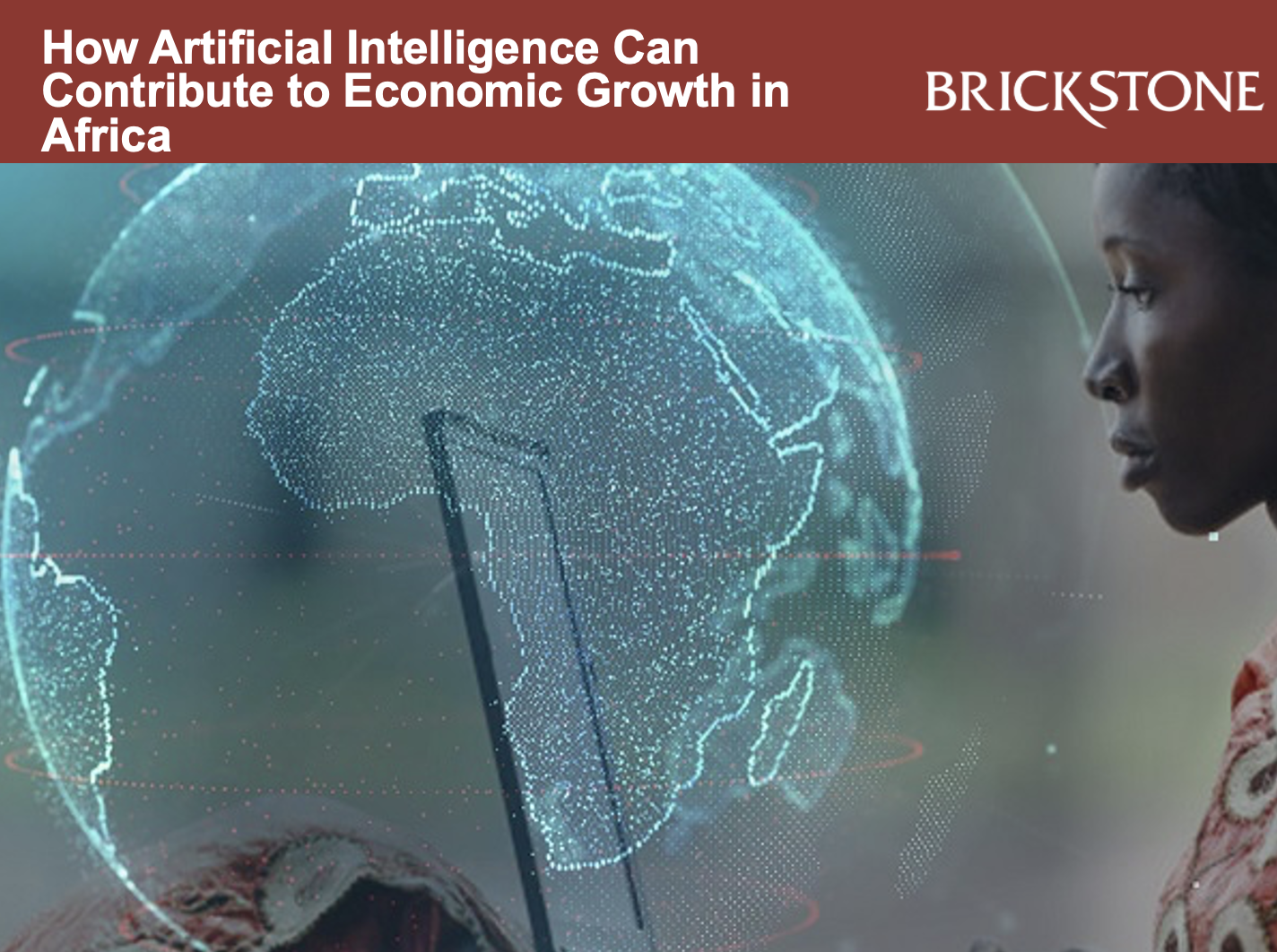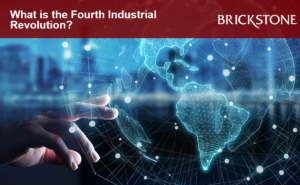How Artificial Intelligence Can Contribute to Economic Growth in Africa
The Fourth Industrial Revolution is in full swing, bringing with it a wave of technological advancements that have the potential to reshape industries and economies across the globe. Artificial Intelligence (AI) is at the forefront of this revolution, promising to transform various sectors and drive inclusive growth.
In Africa, could the adoption of AI and related technologies accelerate the continent’s development and help to achieve the United Nations Sustainable Development Goals (SDGs)?
This article by Brickstone Africa reviews UNU-INRA Institute of Natural Resources in Africa’s publication on how Artificial Intelligence can contribute to economic growth in Africa, highlighting key facts and insights.
Artificial Intelligence in Africa
By 2030, AI is projected to contribute a staggering $15.7 trillion to global GDP, with $6.6 trillion coming from increased productivity and $9.1 trillion from consumption effects.
Artificial Intelligence has the potential to fundamentally change the way businesses operate, drive innovation, and improve the lives of millions of people across Africa. Some of the key sectors that could benefit from AI include healthcare, agriculture, education, and finance.
There are already a number of applications of Artificial Intelligence in Africa, especially towards health, water supply, clean energy forecasting, climate change predictions, economics and finance, as well as governance.
The following are key insights and facts from the publication:
The adoption of AI and related technologies in Africa could have the potential to significantly impact the achievement of the United Nations Sustainable Development Goals (SDGs). By driving economic growth, improving access to quality education and healthcare, and promoting sustainable agriculture, AI can play a crucial role in addressing some of the continent’s most pressing challenges.
As Artificial Intelligence can be pivotal in improving global health and wellbeing, it can also be used to forecast water demand to enable water supply entities to provide adequate supply of clean and safe water to meet consumer needs. This is essential to ensuring human rights to water and sanitation, and SDG 6. AI enables the monitoring of water quality to detect contaminants, pollutants, and alterations in water quality. Early detection may be beneficial in the prevention of waterborne diseases and the protection of water supplies.
Accelerating clean energy adoption requires accurate modelling of renewable energy supply to meet rising demand. Studies have used Artificial Intelligence to forecast wind speed for energy harvested using windmills to ensure accurate measurements of wind power supply. This forecasting will go a long way in managing renewable resources and ensuring steady and affordable clean energy supply towards achieving SDGs 7 and 13.
Climate science can also make use of AI to support weather predictions. This can be useful for predicting water levels and the risk of flooding or, conversely, the risk of drought and desertification. Detecting flooding and drought is particularly important for agricultural planning. Accurate predictions can support adaptation measures and help government officials and policymakers to plan and prepare in order to minimise the negative impacts. AI has the potential to facilitate the creation of climate models that simulate the complex interactions that can impact climate change in Africa.
AI has redefined aspects of economics and finance, enabling complete information, reduced margins of error and better market outcome predictions. In economics, price is often set based on aggregate demand and supply. However, AI systems can enable specific individual prices based on different price elasticities. This reduces market information asymmetries and supports market competition for better price equilibrium outcomes and better choices to support economic growth and SDG 8.
Governments require accurate predictions to plan ahead and make good governance choices. An area that has benefitted from the use of AI, is in predictions of the outbreak of war and conflict based on risk and other variables. This intelligence can result in measures to prevent conflict or minimise the spread and damage caused.
In our globalised and ever-digitalising world, Artificial Intelligence is relevant and utilised under several aspects of international relations, such as trade, international finance, technological transfer, human rights, as well as power and international politics.
Despite its vast potential, the adoption and implementation of Artificial Intelligence (AI) in Africa faces several challenges, including a lack of relevant technical skills, inadequate basic and digital infrastructure, insufficient investment in research and development, and a need for more flexible and dynamic regulatory systems.
There is a fear that the growth of AI and automation will lead to a displacement of jobs as it continues to impact the future of work. However, there is a general consensus that it is impossible to reverse this trend. Instead, we need to adopt them [AI technologies] into production value chains to increase productivity and strengthen production. We need to capacitate ourselves to be able to play this role.
Artificial intelligence presents a unique opportunity for Africa to leapfrog into the Fourth Industrial Revolution and drive large-scale transformation. To fully harness the potential of Artificial Intelligence, Africa must address the challenges above. It is important to incentivise the adoption of technologies in Africa to ensure the continent participates in the Fourth Industrial Revolution. At the same time, these technologies must be understood, including their drawbacks.
Read the complete publication here.






